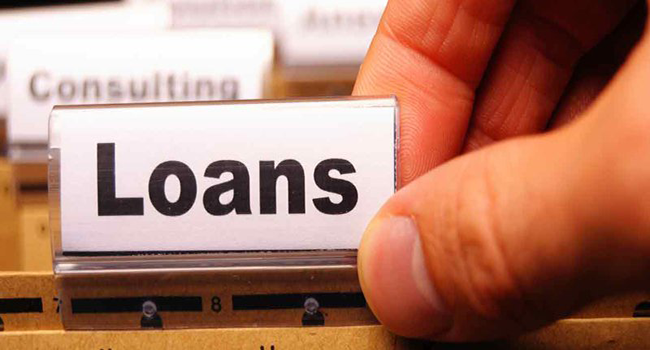9 Factors to Speculate Before Taking a Personal Loan
Getting a personal loan can help in many financial emergencies as it is deemed to be the best and quickest source of money owing to quick disbursals, minimum documentation, and collateral requirements.
A recent financial study revealed that 77% of working Indians rely on personal loans to make ends meet, out of which 28% of personal loans are taken for medical emergencies and 25% for family needs such as home renovation, wedding expenses, and children’s education.
Although it is a brilliant borrowing option for urgent needs, the insecure nature of personal loans and the widespread availability of instant personal loans on mobile apps makes it critical to follow a cautious approach.
Here are 9 things to know before applying for a personal loan:
- Loan Amount
Assess the purpose and the amount for which you need a loan. Do your calculations to ascertain if you can repay the borrowed amount over time. Depending on your age, income, and near-future expenses; borrow only an essential amount that is easy for you to repay.
- Repayment Period
The personal loan repayment tenure is another key factor to think over. It is the time over which you have to make your EMI payments. The tenure can range from 1 year to 5 years, but it is advised to keep the repayment period shorter to avoid paying a higher interest amount provided you can pay the EMI amount every month.
- EMI
EMI or Equated Monthly Instalments refers to the amount you repay to the lender every month along with interest. What you need to note is that even if you miss a single EMI, it will reflect badly on your credit score.
Use an EMI calculator to determine the approximate amount that you’d have to pay before availing of a personal loan and then ask yourself if the EMI cost can fit into your monthly budget.
- Complexity Of the Application Process
The complexity of the application process may influence your decision of where to source a personal loan from. Personal loan documentation can vary from lender to lender involving multiple copies of identity proof, residential proof, pay slips, investment proof, etc. Personal loans from banks usually require a lot of documentation, whereas many new-age lenders have done away with asking for unnecessary documents.
- Number Of Outstanding Debts
Lenders will always check the number of debts that you already have to assess your capability of being able to repay the loan in stipulated time. If you are a borrower with an inadequate income yet multiple outstanding debts or a tendency to carelessly pile on debts, you would be showing them a red flag for granting you a personal loan. Therefore, you always need to keep your debts under control because life may not give you enough time to prepare for financial challenges.
- Comparing Interest Rates
Even if your credit rating is constant, different lenders may offer different rates of interest to you as they all follow individually customized risk evaluation. Lenders may charge a higher rate if the perceived risks are higher.
Also, depending on the market rate fluctuations, two types of interest rates may be applied, namely fixed and floating. It is advisable to opt for a fixed rate of interest since your EMI will remain constant throughout the loan tenure, and you will be able to plan your finances better.
- Submitting Multiple Loan Applications
You do not want to come across as a credit-hungry borrower by applying for personal loans from many different lenders. While evaluating your creditworthiness, lenders can make hard inquiries to check how many credit-report requests have been made against you. This can pull down your credit score resulting in the rejection of your loan application.
To avoid getting into such a sticky situation, apply only for the most suitable personal loan options on online financial marketplaces.
- Associated Charges
Take your time to understand all the charges associated with getting a personal loan, for example, checking the loan processing fee, foreclosure charges, charges in case of late payment, prepayment, etc. Only after you have clarity on these points should you consider signing the loan agreement papers.
- Credit Score
Borrowers need to maintain a healthy credit score which is based on several factors like your credit history, total levels of debts, repayment history, etc. A credit score of 800 and above is considered to be healthy when applying for a personal loan. Borrowers with a lower credit score might also be eligible for a personal loan but at a higher interest rate.
One good personal loan tip is that you must review your credit report periodically to identify, report, and rectify any wrong information as it may significantly affect your credit score.
While there are many easy options for taking a personal loan, you should consider taking one only for financial emergencies (and not for buying a new phone or a world tour) to maintain financial sanity. It is crucial to consider the above points before signing the deal as the non-payment of a single EMI might not only hurt your credit score but might also put you in a difficult financial situation. So, choose wisely!


